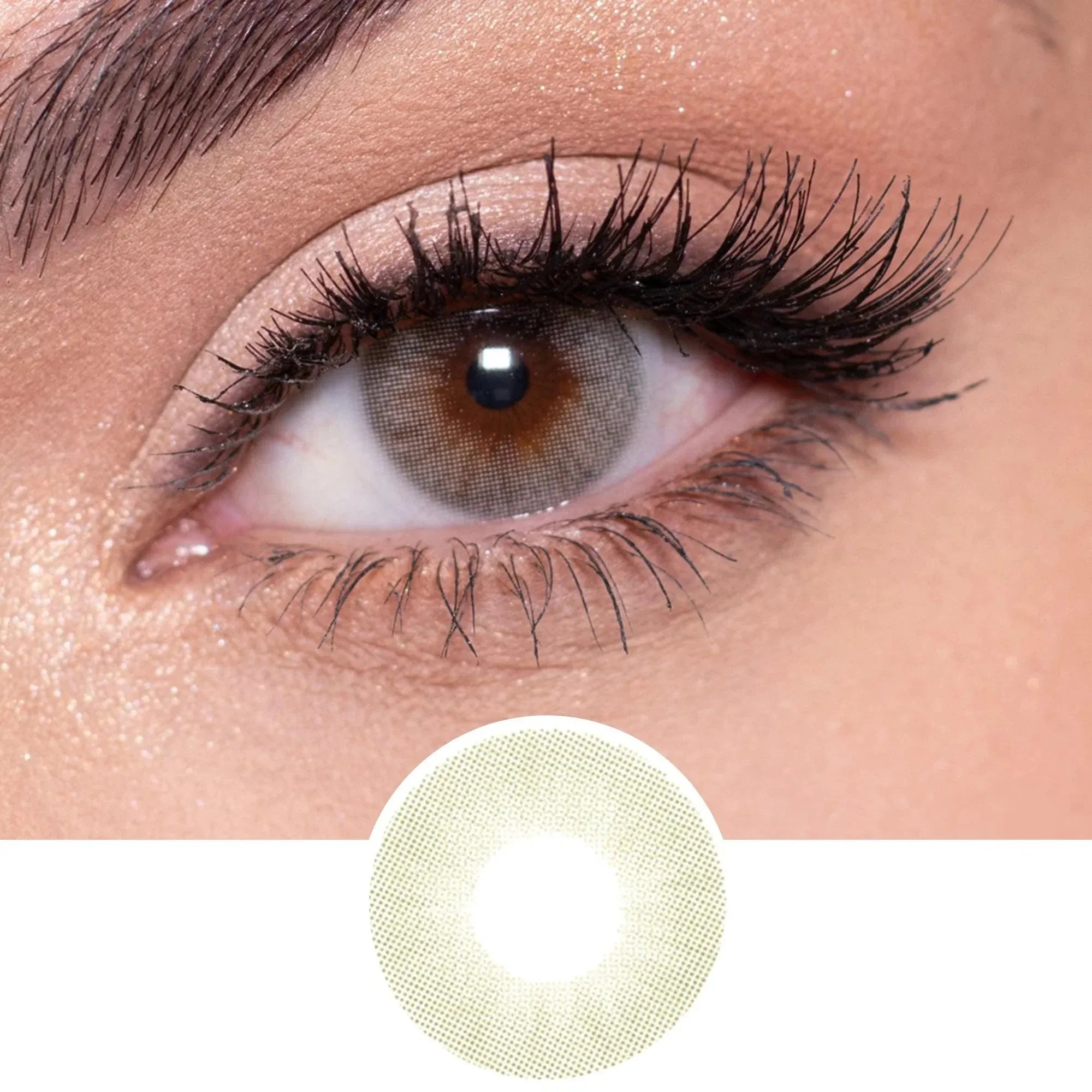As the summer sun turns up the heat, you're probably reaching for your trusty sunglasses more often. But here's a question that might have you scratching your head - should you opt for polarized or non-polarized sunglasses? Don't worry, we're here to help you navigate this sunny dilemma!
Firstly, let's introduce our contenders. In one corner, we have the polarized lenses, the glare-busters of the sunglasses world. These lenses are like the superheroes of sunlight. Polarized lenses, designed to reduce glare from reflective surfaces like water, snow, and glass. They work by allowing only vertical light to pass through and, blocking out the harsh, horizontal light that causes glare. If you're an outdoor enthusiast or a road warrior, these might be your new secret weapon!
In the other corner, we have non-polarized sunglasses, the laid-back light reducers. These guys are all about reducing the overall amount of light that reaches your eyes, but they don't discriminate between types of light. They give the world a darker tint but don't necessarily shield your eyes from the intensity of scattered, reflected light.
So, who wins the battle? Well, it's not a one-size-fits-all answer, and it really depends on your lifestyle and needs!
If you're someone who loves to spend time near water or snow, or if you're often behind the wheel, polarized sunglasses could be your hero. They enhance clarity, reduce eye strain, and provide a more accurate perception of colors and contrasts. This is particularly beneficial for fishermen trying to spot their next big catch, or drivers trying to avoid the blinding glare of the sun.
However, polarized lenses aren't without their quirks. They can make it tricky to see LCD screens, like your car's dashboard or your smartphone. They can also alter the perception of snow, making it challenging for skiers to distinguish between patches of ice and snow. Plus, they're usually more expensive than non-polarized sunglasses.
Non-polarized sunglasses, on the other hand, are like the reliable friend who's always there for you. They offer a more balanced light reduction, without messing with your perception of contrasts or making it hard to view digital screens. They're also typically easier on the wallet, making them a popular choice for everyday wear.
However, they don't do much when it comes to reducing glare. So, if you're in a high-glare environment, you might find yourself wishing you had gone for the polarized pair.
So, how do you pick your perfect pair? Here are some questions to consider:
What's your sunglasses' main job? If you're often in high-glare environments, polarized might be your pick. If you're just looking for a pair for everyday use, non-polarized could do the trick.
How sensitive are your eyes? If your eyes are easily bothered by light, polarized lenses can offer extra comfort by reducing glare.
What's your budget? If you're okay with spending a bit more for the benefits of polarized lenses, go for it. If not, non-polarized sunglasses can still give you good protection.
Do you often use digital screens outdoors? If so, non-polarized sunglasses might be your best bet as they won't mess with screen visibility.
In the end, both polarized and non-polarized sunglasses have their pros and cons. Your perfect pair depends on your specific needs, lifestyle, and preferences. Just remember, the most important thing is that your sunglasses protect your eyes from harmful UV rays, whether they're polarized or not. So, always check the UV protection level before buying.
Whether you're an outdoor enthusiast, a frequent driver, or someone just looking for everyday eye protection, understanding the difference between polarized and non-polarized sunglasses can help you choose the right pair. After all, your eyes are precious, and they deserve the best possible care. So, go out there and find your perfect pair of shades!






